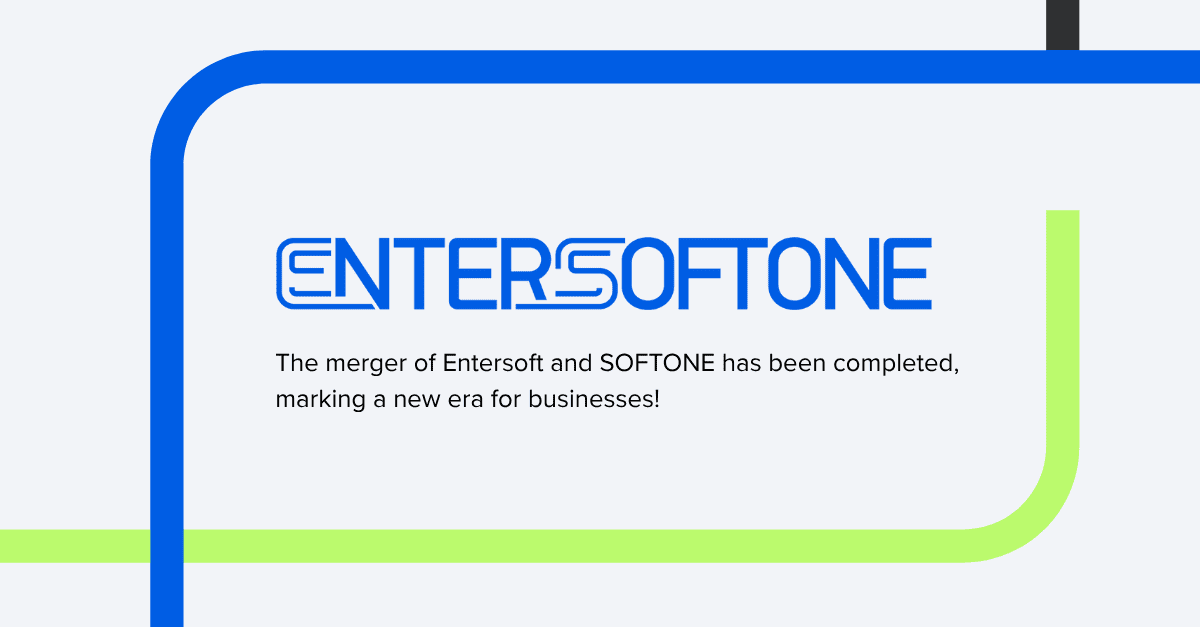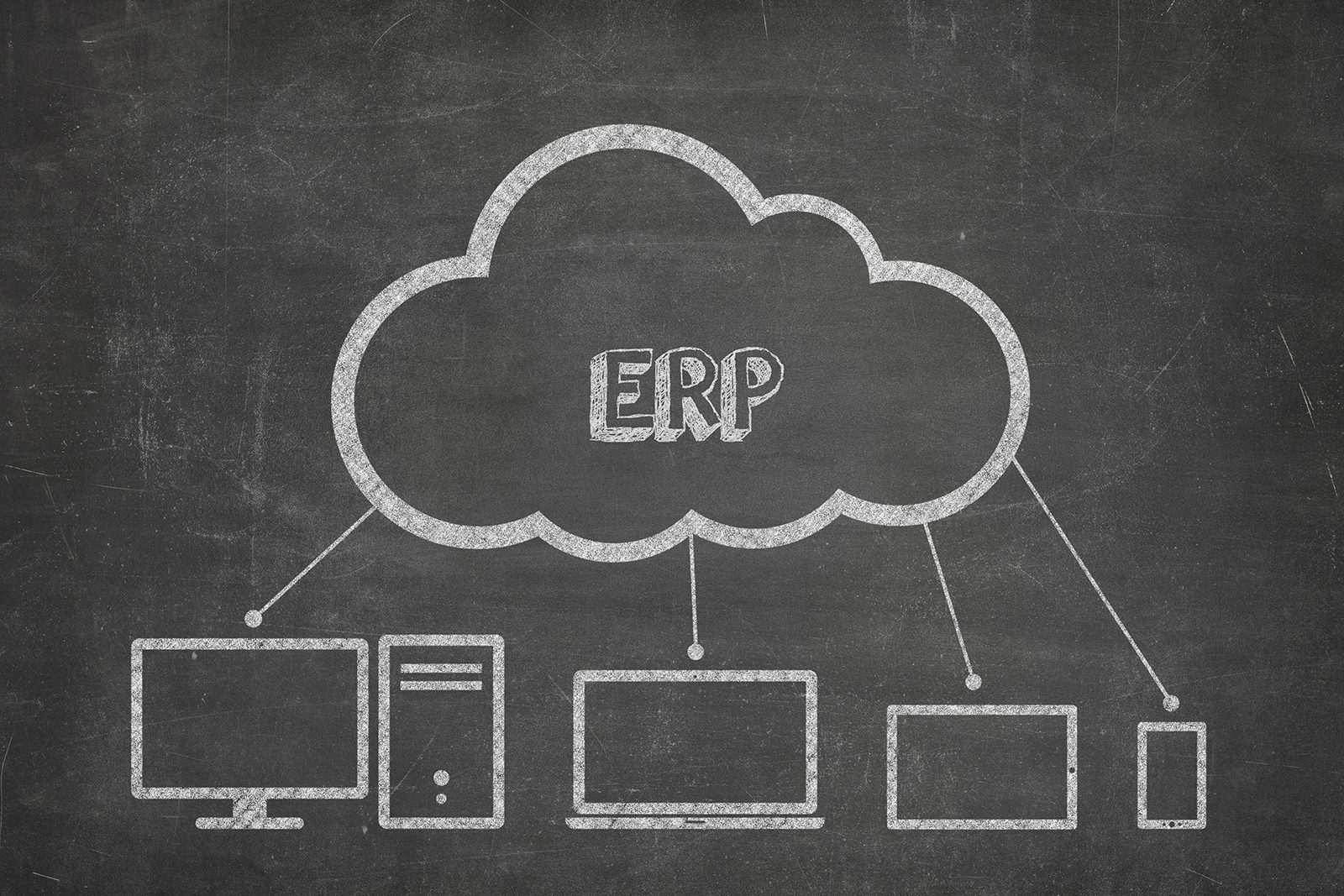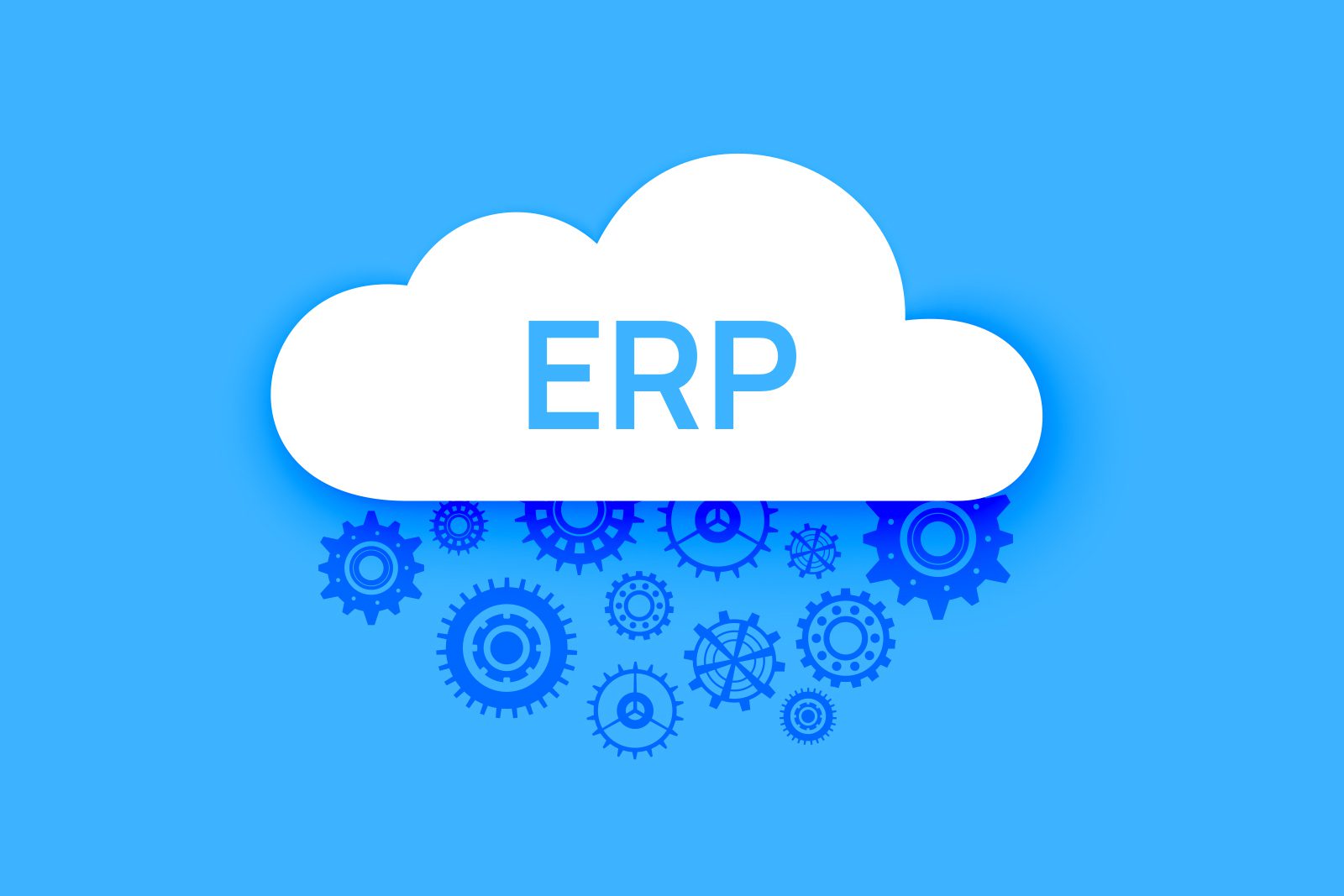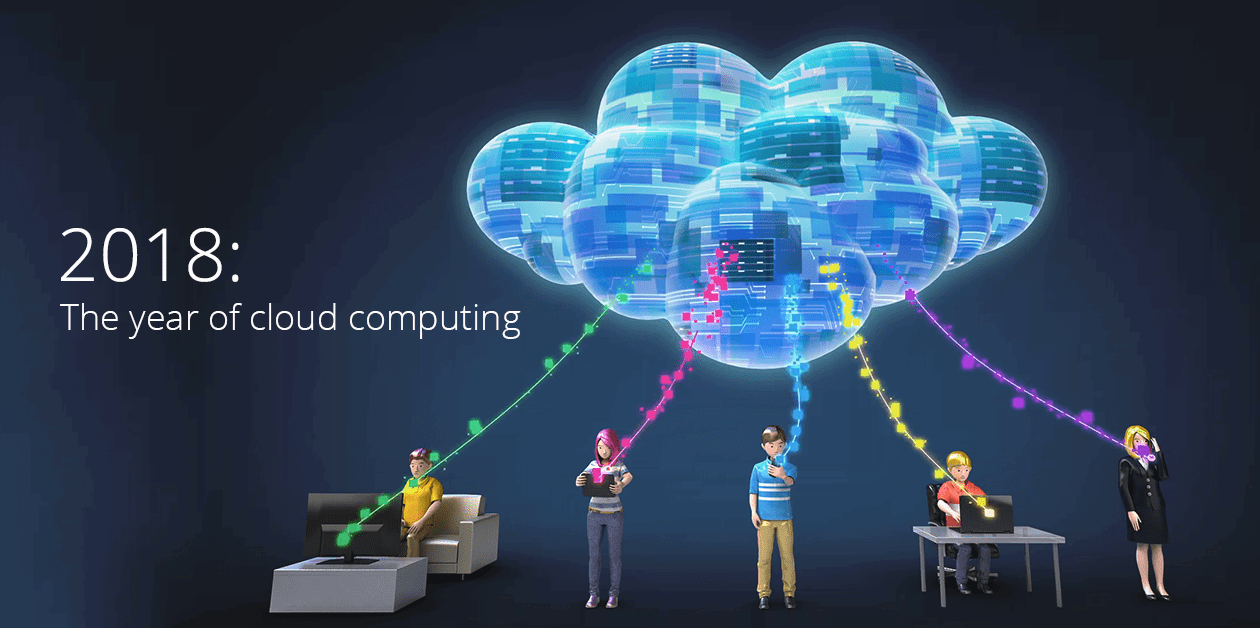Share
Read also

Trends & Views
Digital Transformation Strategies for Success

Business Software
CRM for Small Businesses and Seamless Integration

News & Events
ENTERSOFTONE: The merger of Entersoft and SOFTONE has been completed, creating the largest provider of business software products and services in Greece and Southeast Europe.

Mobility
Outlook for the BYOD and EM market from 2025 to 2035
For the first time during the pandemic, office workers were forced to work from home for months and global supply chains and buyers were simultaneously forced into a near-complete shutdown. It is modern ERP (SaaS) solutions that have given these agile, flexible companies the ability to respond, innovate and ultimately show profitability.
In retrospect, we learned important lessons about who survives and who thrives in the midst of major “shocks” such as the Covid-19 pandemic. Businesses are divided into three main categories:
• Agile businesses – They thrived because they could adapt quickly and change their approach to operations and sales. Most were early adopters of cloud ERP systems, which offered them legitimate flexibility. In particular, they found alternative suppliers, intensified production in factories with local sources of supply, bypassed distributors by selling directly to customers, and processed all their transactions seamlessly as finances were running in the cloud.
• Inflexible businesses – They were forced to close either because they lacked the flexibility to adapt or because they were trapped in an outdated mindset. The majority did not have an ERP system or had an outdated on-premises system with correspondingly inflexible processes, which resulted in them getting stuck. Changing ERP-based processes proved to be costly, so there was no time or budget for it.
• Companies that barely survived. It is a feat of sheer will and overwork. They usually had rigid ERP systems and processes that made change extremely costly and difficult. They may have recovered in the end, but they never want to go through that phase again.
The Role of Cloud ERP
Modern ERP as a Service (SaaS) solutions have enabled agile businesses to respond, innovate and ultimately survive. SaaS ERP and cloud technologies, in general, allow businesses of all sizes to both compete and win globally. And it is no exaggeration to say that, if the pandemic had happened before the advent of cloud ERP, the losses would have been much more significant.
Traditional ERP systems have helped businesses integrate and automate processes and operate more transparently and efficiently. But making changes in processes, such as moving from a distributor-based sales model to direct sales over the Internet, requires time-consuming, risky, and costly adjustments.
In contrast, modern cloud ERP systems are flexible and businesses that use them are becoming accordingly agile. ERP solutions allow businesses to create something new, integrate elements, adapt them, and then innovate. This agile mindset allows infrastructure change without risk and cost, consistently delivering efficiency and optimal customer experience.







